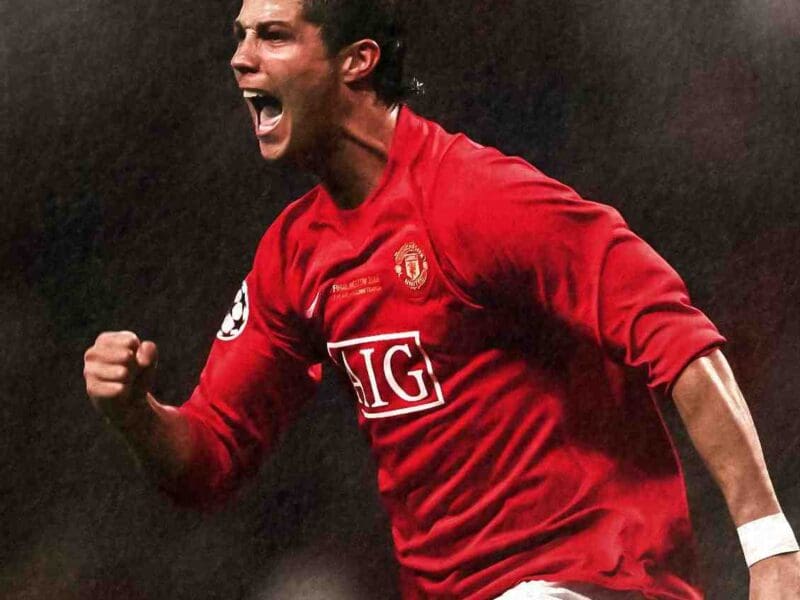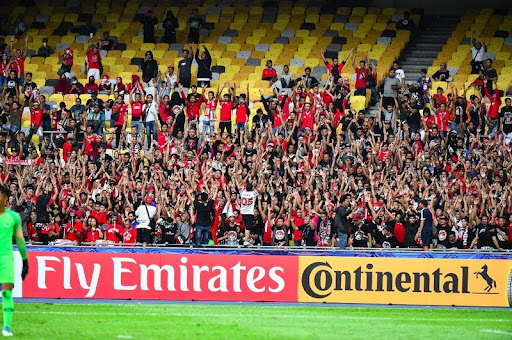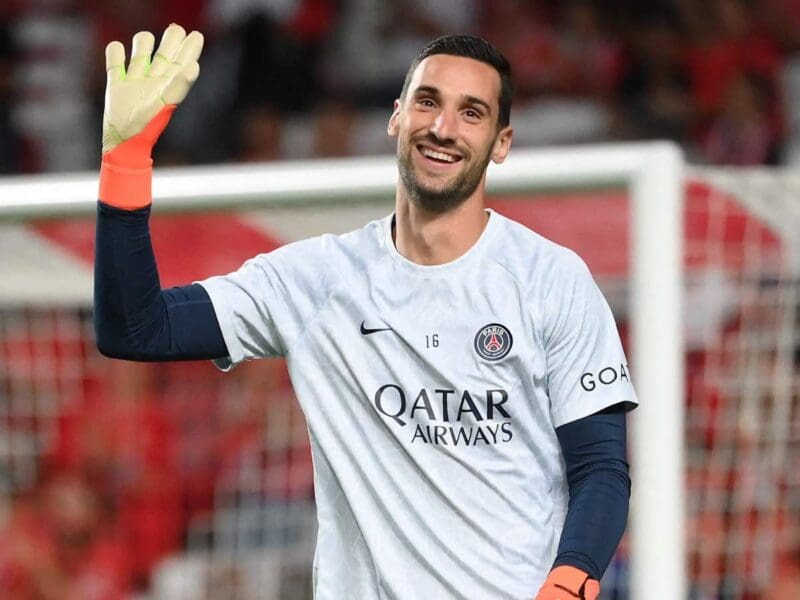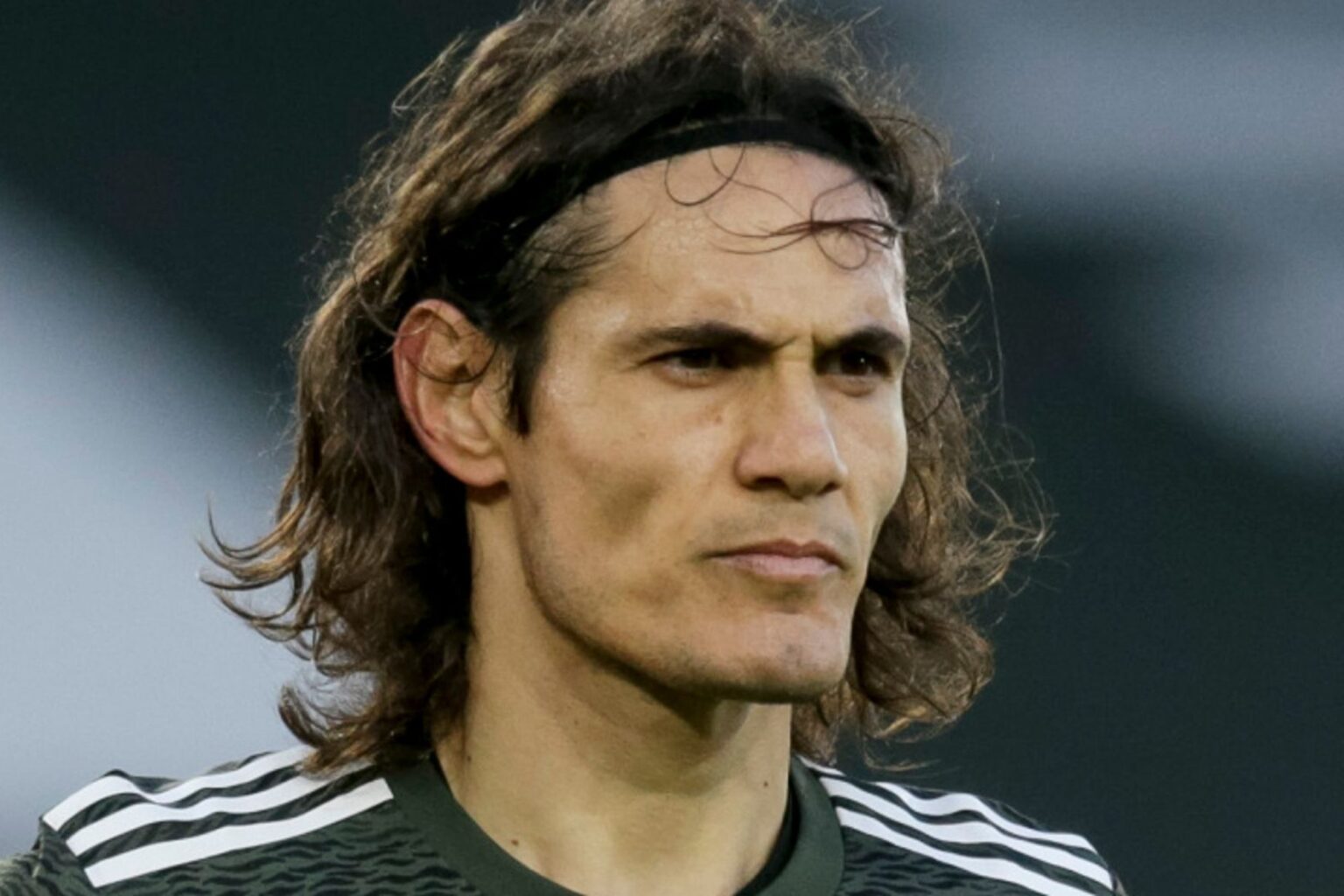
Edinson Cavani’s controversial post: Highlighting soccer’s racist history
Uruguayan soccer player Edinson Cavani landed himself in hot water after using racially insensitive language in his social media post on Instagram.
The Uruguay striker was the star of the show as he drove Manchester United to a remarkable comeback from two to zero down at the interval. Cavani came off the bench at half-time and managed to turn the game around beating Southampton by three to two at St. Mary’s. But his impressive performance wasn’t the only thing people were talking about.

Controversy
Cavani, in the wake of the victory, responded to a laudatory message he received on Instagram with a racially insensitive phrase. Unsurprisingly, the post resulted in a huge backlash online. Seeing the reaction, Cavani issued an apology statement published on Manchester United’s official website.
The thirty-three-year-old justified his actions saying the comment “was intended as an affectionate greeting to a friend”. He added, “I am completely opposed to racism and deleted the message as soon as it was explained that it can be interpreted differently. I would like to sincerely apologize for this.”
This wild chain of events resulted in an investigation against the Uruguay striker. Cavani could be facing a three-game ban for using discriminatory or racist language if the English Football Association considers him guilty. But this instance of racism is backed by a long history of racism in the world of soccer.

Soccer’s racist history
Soccer, despite being a global game, is littered with incidents of racism throughout its history. During a high-profile match between Chelsea & Tottenham, Antonio Rüdiger, a black Chelsea defender, indicated he had been subjected to racist monkey chants during the game by the rival team’s supporters.
After investigating & reviewing the game footage, the authorities found “no evidence to support the allegation”. Following the declaration, Rüdiger told reporters during a press interview that “racism won” and he feels that complaining made him an even bigger target.
Another incident catching widespread media coverage happened during a Euro 2020 qualifying match between England & Bulgaria. Bulgaria fans were allegedly directing Nazi salutes and performing monkey chants at England’s black players.

This offensive behavior took place when Bulgaria was already midway “through a partial two-game ban after being found guilty of racist behavior in matches against the Czech Republic and Kosovo in June”, according to BBC.
English football’s pro-equality & pro-inclusion organization, Kick It Out, released stats that illustrate an alarming rise in cases of discrimination on account of race and sexual orientation throughout soccer history.
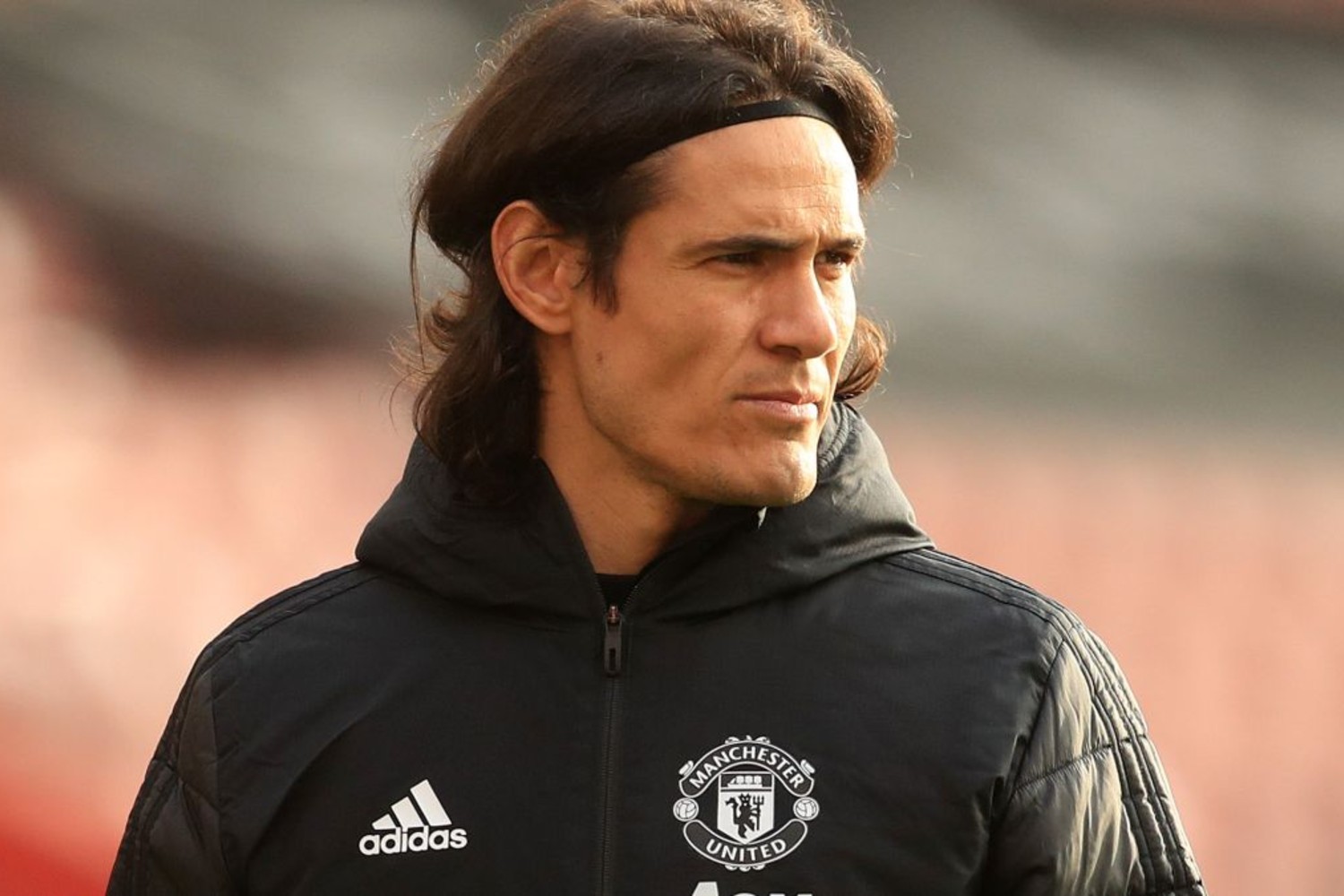
According to the report, this season there was a “42% increase in reports of discrimination in total, up from 313 to 446”, “53% increase in reported racial abuse in the professional, up from 184 to 282” and “117 reports of abuse based on sexual orientation compared to 60 last season – up by 95%.”
Soccer’s struggle with racism through history doesn’t end with racist abuse against players, it also involves governing bodies’ mellow responses to these incidents.
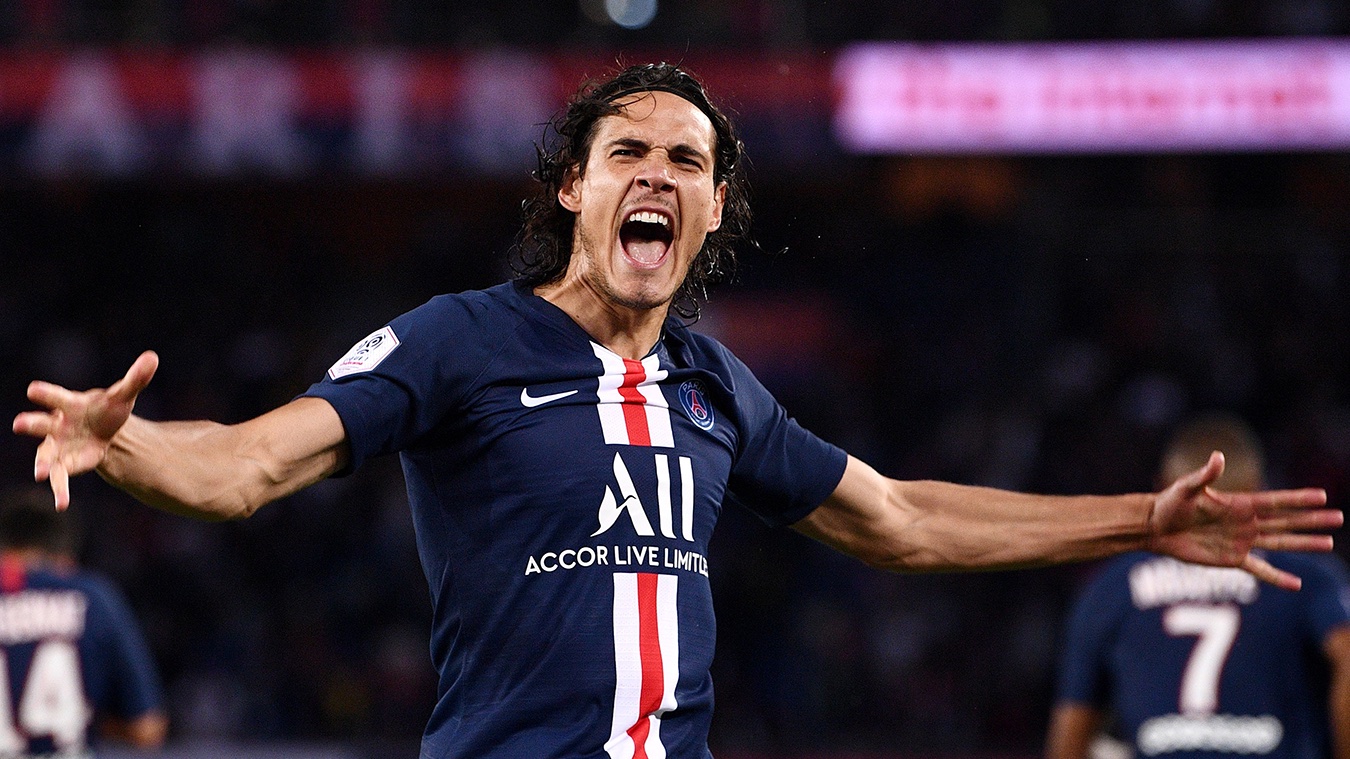
Weak responses
Anti-discriminatory organizations have continually scrutinized the weak punishments incurred by the perpetrators. Bulgaria was fined 75,000 euros and ordered to play two games behind closed doors by UEFA for fans’ racist propaganda, but this decision was met with criticism by both Kick it Out and the Professional Footballers’ Association.
Kick It Out released a statement explaining how the organization was “disheartened, but not surprised” by UEFA’s lenient ruling, saying they “missed an opportunity to send an uncompromising message on racism and discrimination.” The PFA also criticized the punishment saying UEFA guidelines need to be “overhauled” with “far stronger deterrents imposed”.
Soccer, despite being one of the most popular sports, is sullied by incidents of prejudice & discrimination in its history. The current debacle surrounding Cavani is not an isolated incident – many top soccer leagues have faced similar scandals involving racism. The increasing body of incidents conveys that punishments issued & fines levied by governing bodies haven’t exactly helped curb the problem.





